
Service, Repair, Certificates and Installation of Domestic Gas Appliances in Liverpool
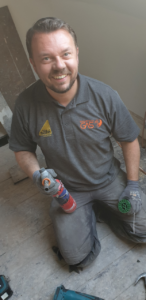
WELCOME TO SMARTECH GAS LTD
Do you have a Gas Appliance or Gas Central Heating System that needs servicing or repairing? Do you need a new boiler installation? Does your central heating system need upgrading?
Hello, I’m Danny and I set up Smartech Gas Ltd, we cover the Merseyside Region and surrounding areas. With over 25 years experience and full public liability insurance you can rest assured you’re in good hands, also being Gas Safe Registered (636310) we fully comply with all current Gas Regulations, so you can trust Smartech Gas to deliver a first class service with safety as our number one priority also a vast amount of knowledge to get the best out of your heating and plumbing system to maximise efficiency. No job is too small, please get in touch and see how we can help you.Book an appointment online below on our online booking form, all availability is online and is updated automatically, Prices for work categories are in the drop down menus
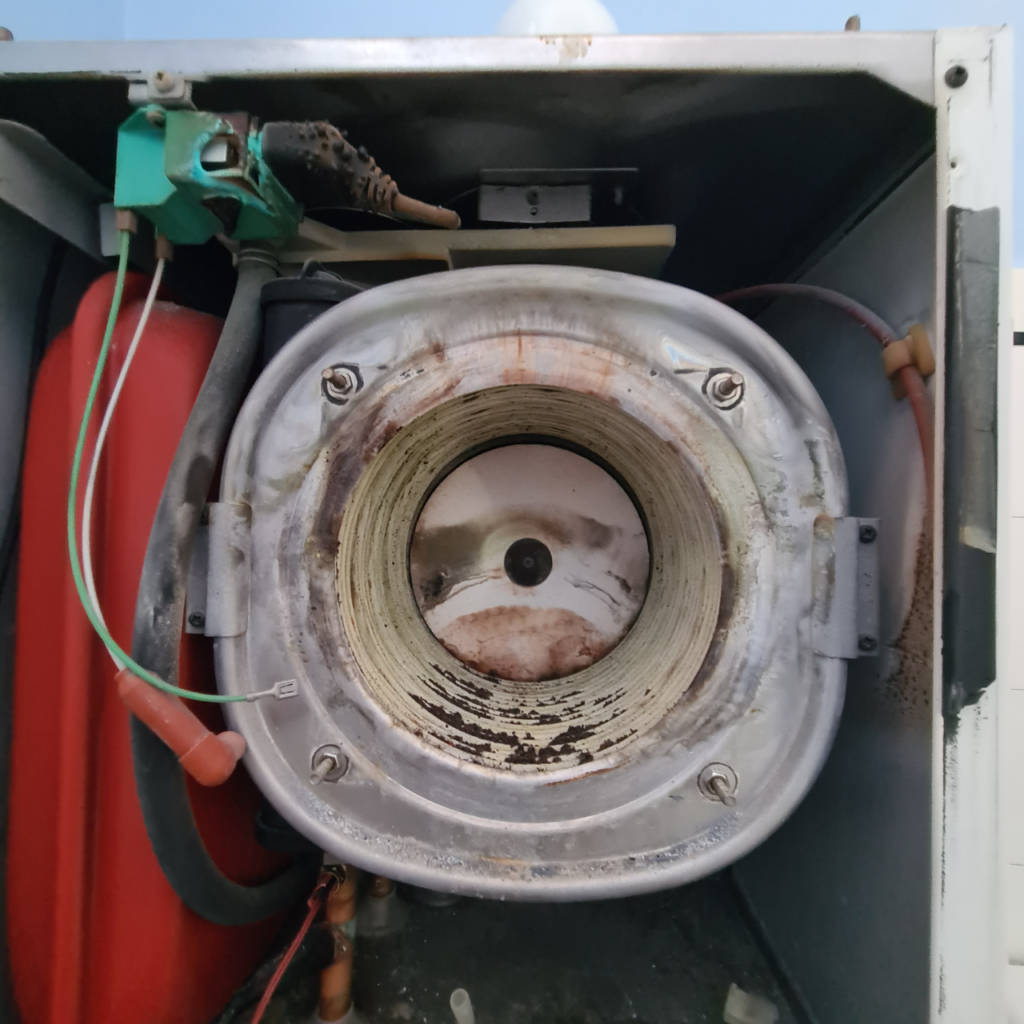
BOILER SERVICE & REPAIR
Annual boiler servicing is a wise precaution, we can ensure that your current system is operating to peak performance, ensure against Carbon Monoxide leaks and prolong its lifespan. Regular maintenance can also help prevent a system breakdown which can be expensive and never welcome.
If you have a temperamental heating system, have to constantly top up the system pressure, if it makes noises, you have cold radiators, or need to continually bleed them then our experts can help. It doesn’t necessarily mean a whole new system is required, there are many reasons for any central heating system to degrade and we will advise on the best way to get your heating back to its maximum potential quickly.
BOILER INSTALLATION
Boilers that are over ten years old waste a lot of valuable energy, in terms of cost and environmental impact, in fact many older boilers convert as little as 60% of the fuel they use into heat.
Looking for cost efficient heating? You should be aware that current building regulations state that any replacement or new gas-fired boiler must be a condensing boiler also user controls need to comply with Boiler Plus legislation. Older boilers convert as little as 60% of the fuel they use into heat which has a big impact on your home heating bills and the environment.
We specialise in the installation of condensing boilers from Vaillant and Baxi/Main offering up to 10 year warranties as we are Vaillant and Baxi Works approved installers, using the latest technology available. Modern condensing boilers improve efficiency to over 90% which could save you a minimum of 30% per year on your home heating bills, which represents a big saving over the lifetime of your boiler.
Depending on your heating and hot water demand there are different types of condensing boilers that are available, please don’t hesitate to ask any questions you might have regarding any aspect of boiler installations in the Get in Touch section.

LANDLORD SAFETY CERTIFICATES
Who Has to Get a Gas Safety (CP12) Certificate?
UK landlords with gas appliances and fittings – including central heating, boilers and flues – must conduct an annual safety check conducted by a Gas Safe engineer. If you are unsure whether the Gas Safety Regulations Act (1998) applies to you, you can find out on the government’s Health And Safety Executive (HSE) website.
If you are a landlord however, it is very likely that these laws do apply to you. You must keep record of the safety check for two years and supply new tenants with a copy of the certificate before they move in and within 28 days of completing a new check.
Which Gas Appliances Need to Be Checked?
Your legal duties as a landlord cover any gas appliances that you own and provide for the use of the tenants of your property. If the tenant supplies their own gas appliances, then you will be responsible for its installation parts and pipework, but not the appliance itself.
For full guidance refer to regulation 36(3) of the HSE Approved Code of Practice, on the duties of landlords with respect to safety checks.
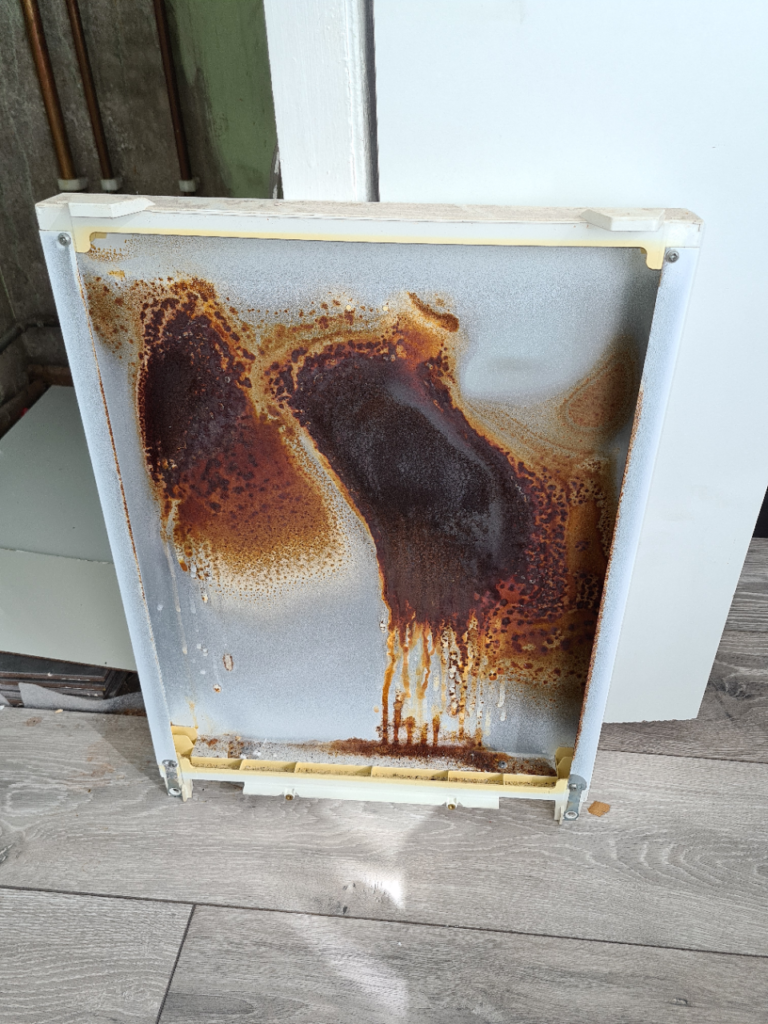
What about servicing and maintenance?
The HSE regulations make a distinction between gas safety checks and the related servicing and maintenance activities that may need to be undertaken. As a landlord you have the responsibility of ensuring all appliances (specifically boilers), as well as pipes and flues, are operating safely at all times.
Our recommendation is that maintenance be performed every 12 months to ensure proper functioning of the appliances.
For full guidance refer to regulation 36(2) of the HSE Approved Code of Practice, on the duties of landlords with respect to maintaining pipes, flues and appliances
Is it OK to Only Have a Digital Record of My Gas Safety Certificate (CP12)?
Yes! It is perfectly acceptable to keep the records of your gas inspection electronically – and many landlords find it far more convenient.
As long as you can produce a hard copy when needed (such as when new tenants are moving in), you keep it safe (i.e. you don’t delete if from your electronic records) and it uniquely identifies the engineer (e.g. with a signature), having only an electronic copy is absolutely fine. If sharing an electronic copy with your tenants, be sure they first have the means to access it.
What our customers said.........
Posted onTrustindex verifies that the original source of the review is Google. Hi I’ve had Danny out to fix my gas fire he was very Reasonably priced he was on time he cleaned up after himself he’s very sociable and did an absolutely great job on the fire I would highly recommend him to anyone thanks again Danny xPosted onTrustindex verifies that the original source of the review is Google. Fantastic service from the team. Thank you very much.Posted onTrustindex verifies that the original source of the review is Google. Would highly recommend. Easy to book an appointment, explained the problem thoroughly, fix the problem in no time at all and even arrived earlier than scheduled. Will defo use again.Posted onTrustindex verifies that the original source of the review is Google. Excellent work. Danny arrived on time, job completed efficiently and the area was left clean and tidy. I would recommend Smartech Gas Ltd.Posted onTrustindex verifies that the original source of the review is Google. A very efficient on-line booking system gave plenty of time-slot choices for a boiler service. Danny and the team kept us well informed of their arrival time, even though they arrived on-time. Very polite team and a service with no mess left to clear up. My wife and I would highly recommend them.Posted onTrustindex verifies that the original source of the review is Google. I have used the services of Smartech quite a few times in the past so when my boiler needed attention I called them. I was given a fair price to repair it but also given crucial advice on future repairs as the boiler was quite old. With further information from Danny and Lee I then decided to have a new boiler fitted which was done a week later. Danny, Lee and Nico did an excellent job and are friendly, knowledgeable and take pride in their work, they also have a great deal of patience as during the fitting I decided to have a new radiator fitted too. I highly recommend Smartech. Thanks guys.Posted onTrustindex verifies that the original source of the review is Google. Have used Smartech a number of times now. Work always carried out to a high standard and in a professional manner.Posted onTrustindex verifies that the original source of the review is Google. Owain came on time and despite a few software problems he remained patient and courteous and after a long time the gas meter change was complete. He was pleasant and efficient the whole time.Posted onTrustindex verifies that the original source of the review is Google. Danny and his team provide a first class service, knowledgeable, friendly, offer client all cost options with appropriate advice. Wouldn’t book anyone else.Posted onTrustindex verifies that the original source of the review is Google. Really convenient to book, lots of times for appointments and the engineer was great. Excellent service, will use again and recommend.

SMART HEATING CONTROLS
Do You Fit Smart Heating Controls?
As the company name suggests we specialise in Smart Heating Controls. As with everything in life now, we use our mobile phones to control so much of it and your Central Heating System can now be controlled by your phone too. This has lots benefits including saving you money by reducing your gas bill especially if you currently only have a timer and no thermostat controlling you room temp.


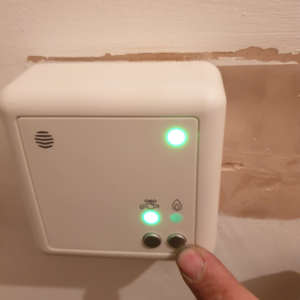
What Smart Control Systems Do You Fit?
As we have 15 years experience in fitting Smart Heating Controls we have the knowledge to fit all current Smart Controls and offer competitive pricing on a few. We have fitted Hive, Nest, Baxi Usense and Drayton Wiser Smart Heating controllers in the past and any other manufacturers that supply Smart Heating Controls we will have no problem fitting if you have purchased a brand other than the ones already mentioned. Also in recent years manufacturers have started to launch Smart TRV’s so you can turn individual radiators on and off at the push of a button on you mobile device. We offer this service too.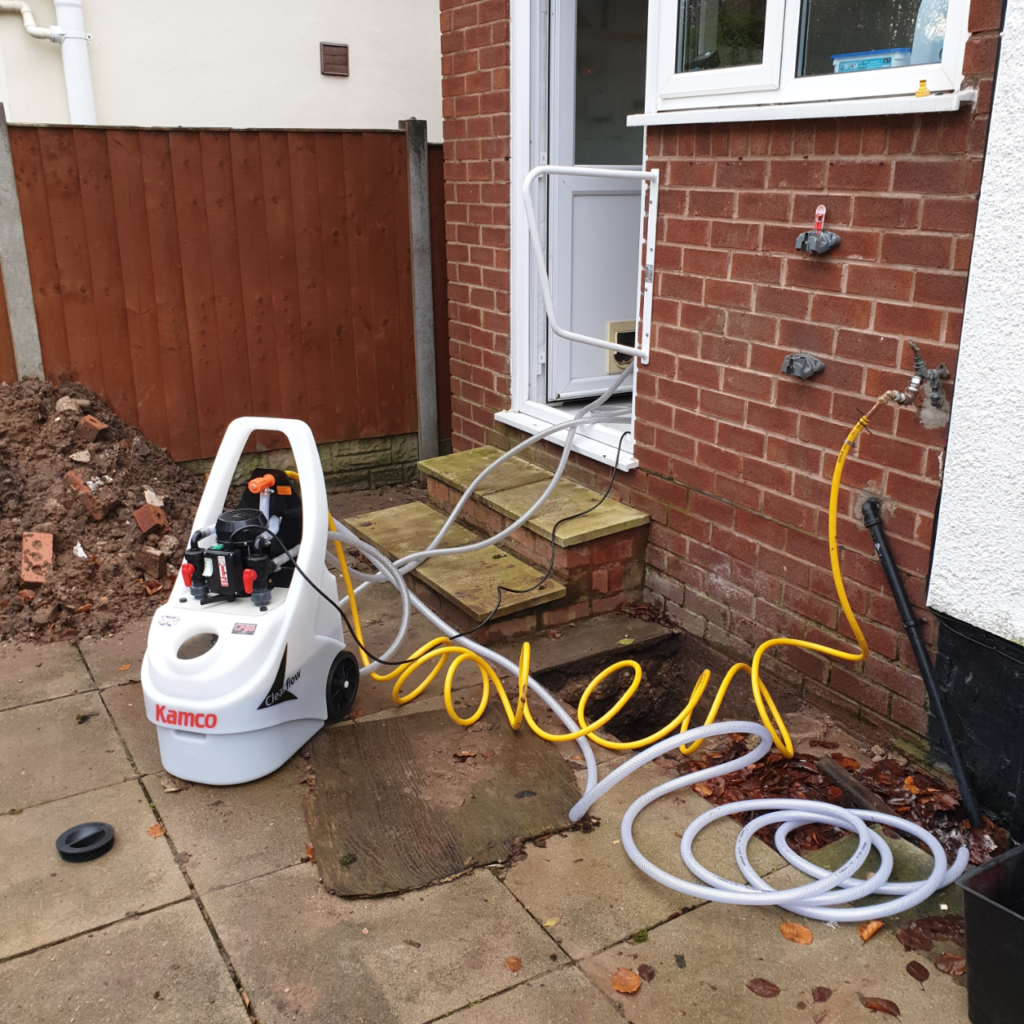
POWERFLUSHING
Do you do system Powerflushing?
Yes we do Powerflushing and also Mains flushing. Powerflushing is purely and simply a way of removing the rust (Sludge) that slowly builds up in your heating system and boiler over time. Water, chemicals, powerflush equipment and an experienced Heating Engineer are used to remove the rust and sludge from your central heating. The flow of the machine is reversed from time to time using special three-way valves attached to the flushing pump. This is an extra step to help clean the pipes and radiators to remove cold spots.Do You Provide A Guarantee?
Yes, we provide a full guarantee. At the end of each job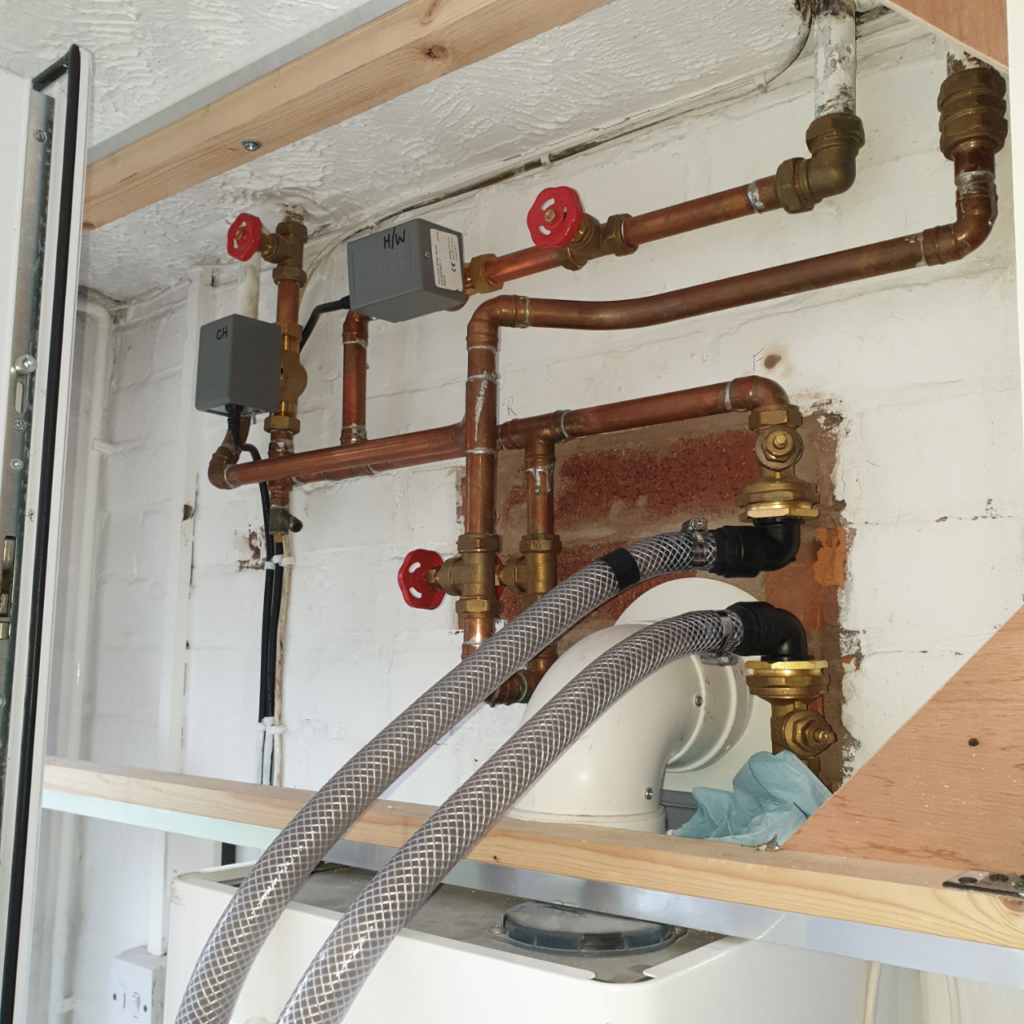
Boiler cuts out or bangs?
The reason that happens is generally one of two things:
1. Your pump has failed or is stuck. The water can’t circulate and therefore the water that is in the heat exchanger will boil very quickly. In some older boilers in particular it takes a while for the thermostat in the boiler to turn the gas off. In modern condensing boilers the thermostats are more sensitive and will extinguish the boiler flame quickly.
2. There is a blockage in the main flow or return pipework, or with the water ways in the boiler heat exchanger which is either completely or partially blocking the flow of water through the boiler – so the water in the boiler starts to boil and make steam again. Hence the popping, hisses and bangs.

Where does the rust in my heating system come from?
If you have seen someone else’s system powerflushed you will know what an amazing amount of rust and radiator sludge can come out, in all shapes and sizes. But, contrary to popular belief the vast majority of the sludge that you see does not come from your boiler. Most non-condensing boilers (those installed before 2006) have cast-iron heat exchangers and they, by and large, do not rust. The vast majority or rust and/or sludge in your heating comes from the radiators themselves as they are made from mild-steel.
Why does rust form in the first place?
Water is made of hydrogen and oxygen (one part H and two parts O = H2O). Oxygen is highly reactive and is always looking for somewhere to latch on to instead of the Hydrogen molecule. So, any time it comes across a piece of iron that is ‘bare’, i.e. unprotected, it is going to latch on to that and makes rust (most often Fe2O3). And that’s where rust comes from. Power flushing radiators will remove that.
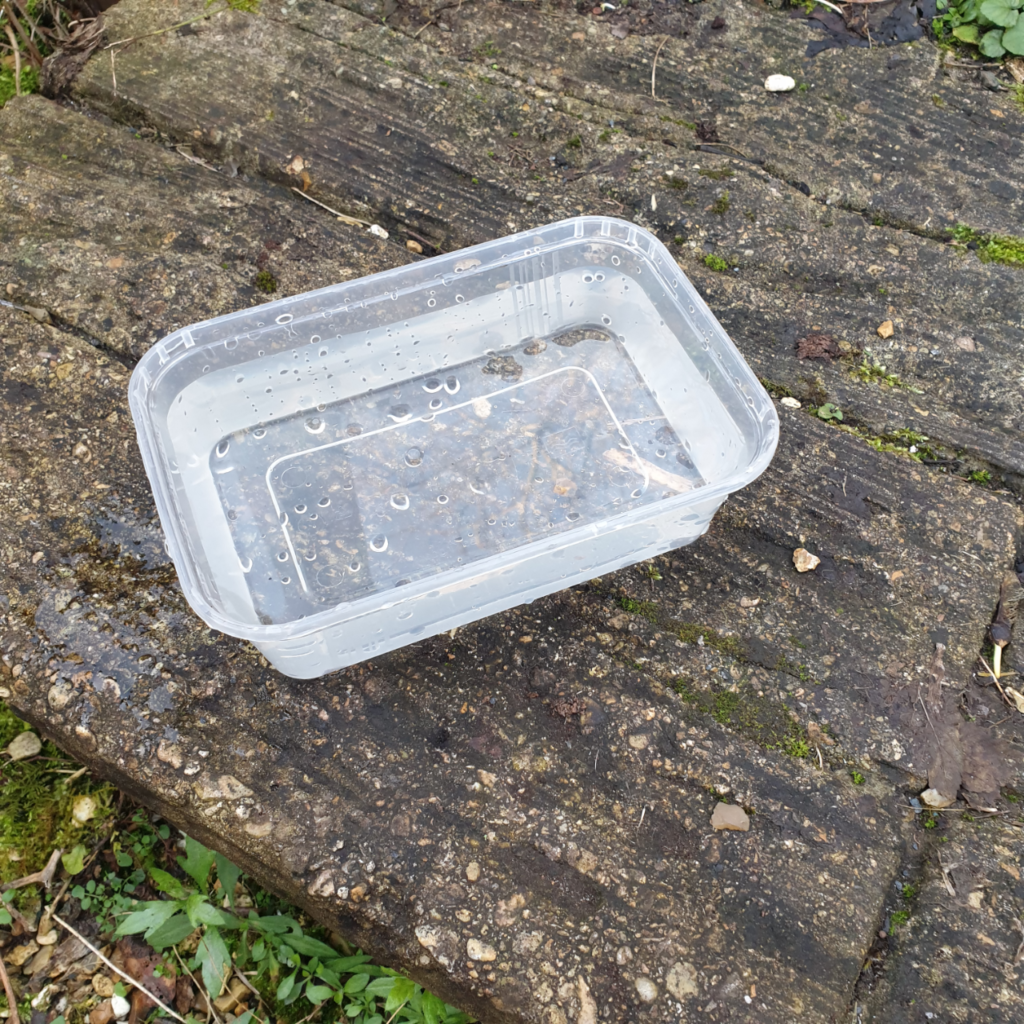
How do I protect my heating system after it is cleaned?
Once you have had a specialist in to do the work for you, the best way of protecting your system is to have the heating system regularly topped upped with corrosion inhibitor. These stop the rust forming by adding a protective molecule to any exposed bare iron. That molecule (most often a form of another metal called molybdenum) parks in the place that the oxygen molecule would want to be. And the result is no rust. The only caveat to this is if your heating system has a design flaw in it and is pulling in fresh water all the time.Why powerflush?
Yes, there are other ways of cleaning your central heating system, but they are nowhere near as effective as using a the right machine when it is used by a competent and experienced heating engineer. You can add any chemical cleaner in to the system, leave for up to four weeks (Warning:careful here if you have micro-bore pipework) and then open up the system drain-cocks and let the water run out. When you do that the only force moving the water out of the system is gravity and that will not pick up any larger bits of rust. Those will be left in nooks and crannies.
Can A Power Flush Fix Cold Radiators?
Yes, a powerflush can fix cold radiators. Particularly if they are cold at the bottom. Sludge collects in a hump in the bottom of radiators so if your radiator is cold in the middle at the bottom it can be a sign that sludge is building up. Other places that sludge commonly builds up are in the airing cupboard and at the manifolds in microbore systems.
DIY Machine Hire
Because we are in the business of providing a professional service, we do not get many people calling to ask advice about how to do a do it themselves. It can be done though, and it can be done well IF, you are (a) a very competent DIY’er who knows how heating systems work and what can affect them, (b) you have done your homework about what metals are used in your rads and boiler, (c) you know how to quickly put right the occasional leaking compression joint without making it worse and without making a mess.
The question to ask yourself is this “Are you completely confident that you know what you are doing, that you are not going to make things worse and that you know what to do if things go wrong?” If not, you are wasting not just your time but your money hiring the kit.
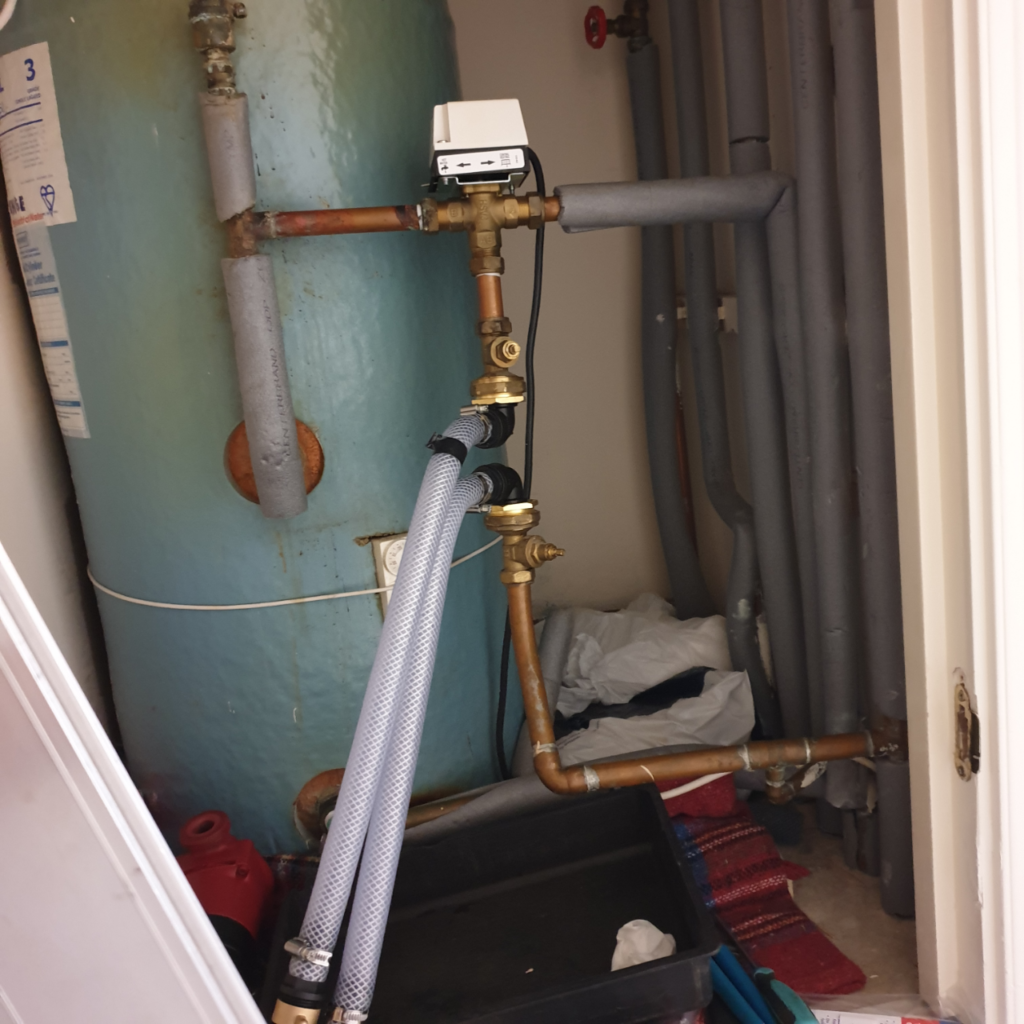
Can micro-bore pipework be powerflushed?
The short answer is “Yes, it can”, but with a great deal of care. 10mm microbore systems need to be approached in a very different way to standard sized pipework. 8mm microbore systems need a lot of careful thought before flushing out.Microbore pipework was first commonly introduced in the 1970’s in an attempt to reduce the amount of copper needed to install a heating system. The first thing you need to find out is if your system actually has microbore pipework. If you don’t know, a generally reliable way of finding out is to hold up a standard biro and a permanent marker pen next to the pipe going in to your radiators. If the pipe size is closer to the thickness of the marker pen, you have 15mm. If it looks more like the thickness of a biro or pencil you have micro-bore pipework and need to be much more rigorous in your choice if powerflushing company. The biggest difficulty with cleaning out micro-bore pipework is purely because the hole that the water and rust that I carries are so very much smaller than 15 mm pipework. If it’s not done correctly there is a risk of blocking the pipe going to or from a radiator completely. And then your looking at replacing sections of pipework. And as most of those are hidden under floors or within walls that is not an attractive prospect.Smartech Gas Ltd 2019
Company Registration Number 11146943
Vat Registration Number 380414317
